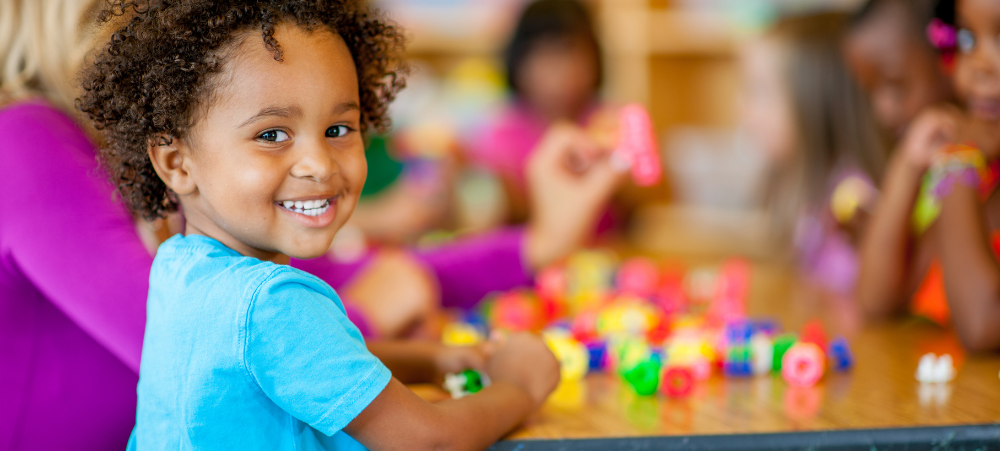Research shows children who have parents who are actively engaged in their educational lives, do better. This is especially true when talking about early childhood education. Yet many parents have no idea of how to get involved. As a parent development specialist and a person well versed in Early childhood , I think there are 3 ways parents with a young child should be involved with their child’s education. 1) Be willing to learn about and understand the difference in the way young children and older children learn. 2) Ask about ways you can help and support children’s learning at home and do them. 3) Make time to volunteer in the centre in the ways they need you to be involved.
~Be willing to learn about the difference in how younger and older children learn
Young children learn by actively observing and then acting out what they see. Young children from age six months to five years watch, listen, and learn. Children are natural observers. However, children really begin to learn as they act out their observations. We in early childhood call this acting out play. Many parents not understanding the difference between acting out observations and play for enjoyment tend to see early education as “just playing”. The truth is your child is learning through acting out a variety of situations they have observed over their young years. Early educators use observations, knowledge of child development, and open ended questions to help children link their observations with the skills they need to prepare for life and school.
Older children who can think, talk, read, and interact with others use those skills to learn and play becomes a chance to unwind. Play no longer is the primary tool for learning. Older children have developed other skills they use for learning.
~ Ask about ways you can support your child’s learning at home and do them
Early childhood learning involves discovery, pre–skills, and learning from the world. Teachers use the classroom setting to help children learn and grow. Parents can also do activities with their young children which can promote discovery, curiosity, and observation. Making cookies, jello, and cakes can help children to observe changes which are made by adding cold or heat. Asking open ended questions can help children make the observations. Example: when we put the jello in the refrigerator we could pour it like water now we can’t. Why do you think that happened? Your child’s teacher will have more suggestions for you. Remember when you do them with your children you are supporting their growth and development.
~Make time to volunteer at your child’s centre in the way they need you to be involved
Every child care centre needs volunteers for things to run smoothly. Sometimes they need someone to help kids into jackets to go outside. Or they may need you to help serve lunch or snack. Sometimes you could be asked to help to decide on a committee which effects the whole centre. For instance, you may sit on a playground committee deciding to resurface the ground. Please give your full attention no matter the task and you will not only be appreciated. You will become a part on the centres’ community. This is ultimately your goal.
Parents are a vital part of whole education process. Using these three suggestions as your starting point will help you to begin engaging in your child’s educational growth.
We understand that there are many aspects that encompass a Mother, Father or Child and strive toward providing resources and services that accommodates this.
Our content is aimed to inform and educate families on issues starting from pregnancy through to the challenges of the teen-age years.
- Say Hello to the Ultimate Holiday Brunch Bite - December 17, 2025
- Tiny Toons Looniversity Returns: Meet the Voice Behind Plucky and Hamton! - December 12, 2025
- From Pain to Possibility: Panado®’s New Marketing Campaign, Highlights The Joy Of Pain Relief - December 10, 2025





